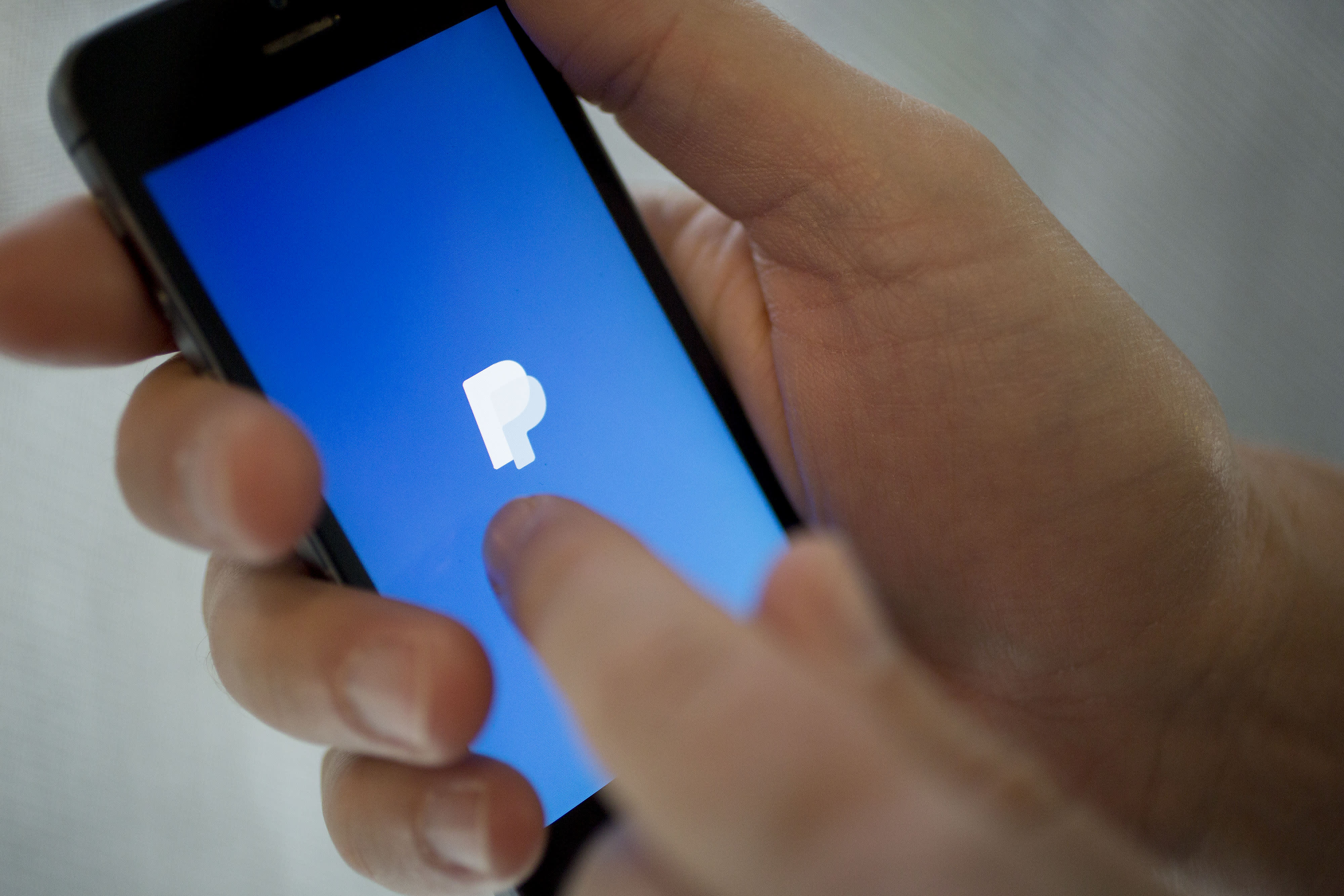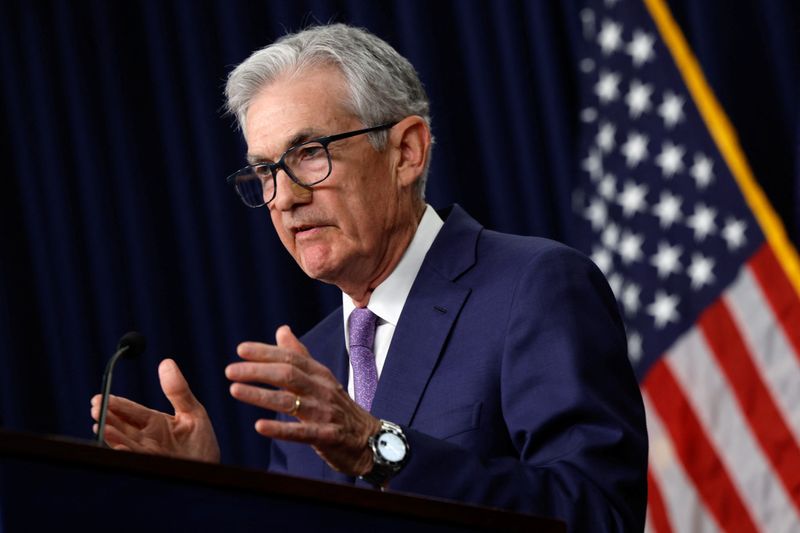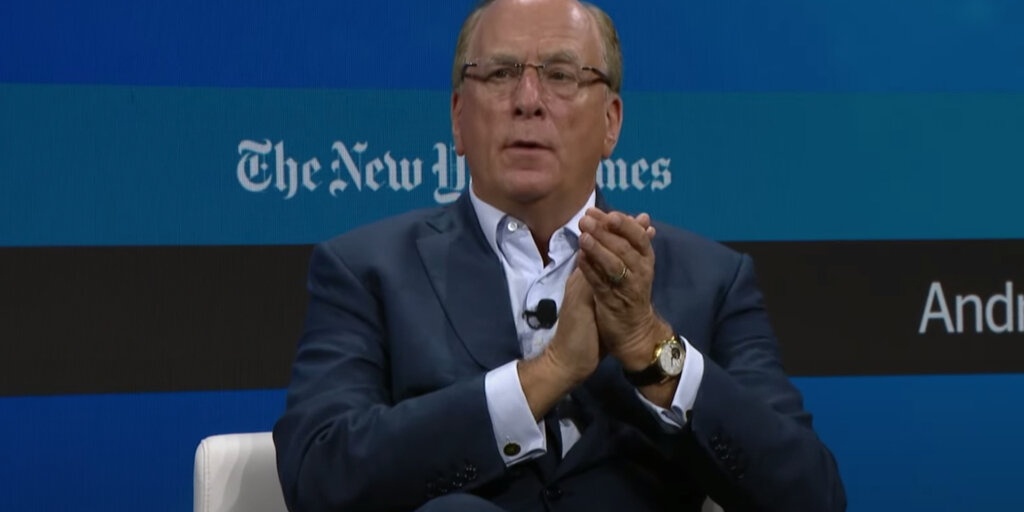
The PayPal utility on an Apple iPhone.
Andrew Harrer | Bloomberg | Getty Images
It is simpler than ever to purchase bitcoin. But watch out which platform you select, as a result of you could not really personal the bitcoin that you are shopping for.
Just take PayPal.
The digital funds firm made an enormous push into crypto final yr, and the platform now permits customers within the U.S. to purchase, promote, maintain, and checkout with cryptocurrencies, together with bitcoin, ethereum, bitcoin money, and litecoin. Venmo, the cell pockets owned by PayPal, additionally lets prospects purchase and promote cryptocurrencies.
You can begin by investing as little as $1, and you don’t have to open a particular account to deal in crypto cash.
Sounds fairly nice, proper?
But these cash you’re shopping for are usually not technically yours.
“PayPal manages the wallets, which implies that you do not essentially maintain your individual bitcoin,” mentioned Mike Bucella, basic accomplice at BlockTower Capital.
Holding the keys
Typically, when you buy bitcoin, you are given two issues to make that possession official: A public and a non-public key pair. The public secret is your pockets deal with, and the non-public key offers you management of that pockets.
With PayPal, you have entry to your public deal with, however the firm controls the non-public key.
In the “Crypto on PayPal FAQ” part of the app, the corporate explains that “the crypto in your account can’t be transferred to different accounts on or off PayPal.” It is a limitation which feels odd, on condition that that is meant to be an asset you personal.
You can consider the custodial association as a type of IOU in your bitcoin.
“It’s much like when you deposit U.S. {dollars} with Bank of America,” mentioned Asheesh Birla, a basic supervisor at Ripple. “You’re trusting that Bank of America really has your U.S. {dollars} of their financial institution accounts, and so they’re giving you an IOU.”
This implies that prospects cannot transfer their bitcoin to chilly storage, nor can they switch tokens to a pockets exterior of the PayPal ecosystem.
Bucella defined that whereas the person may be very restricted by way of what they will do with the asset, from a enterprise perspective, it makes good sense for PayPal.
“It reduces a number of the Know -Your-Customer (KYC)/anti-money laundering (AML) potential points that among the bigger gamers had in managing wallet-to-wallet transfers that aren’t inside their platform.”
Storing your bitcoin
To be honest, not everybody desires the duty of safeguarding their crypto holdings.
“If you lose the private and non-private key, you lose your coin,” mentioned Birla. “If you’re a novice within the crypto house and you’re not comfy holding your individual non-public and public key, then it is likely to be safer to delegate that entry to PayPal.”
Ripple’s former CTO, for instance, lost his private key, forfeiting about $400 million price of bitcoin at right now’s token value.
PayPal’s interface itself is fairly straightforward to make use of.
As quickly as this service launched on PayPal, Bucella examined it out. “It is a reasonably seamless UX…If I plan on doing nothing however shopping for and holding my bitcoin, and I do not wish to custody my very own crypto, then it is smart.”
If you have already got a PayPal account, primarily all it takes to get within the crypto sport is clicking just a little button underneath bitcoin that claims “Buy.”
“There’s very low friction,” defined Birla. “And if you’re going to purchase only a bit, and you belief PayPal, that is superb.”
People who care about self custody “are clearly not going to be utilizing the service,” mentioned Mati Greenspan, portfolio supervisor and founding father of Quantum Economics.
As with any centralized alternate, you do assume a certain quantity of danger.
PayPal has a protracted historical past of freezing accounts, a lot to the annoyance of some customers. Centralized exchanges are additionally inherently weak to threats that might doubtlessly have an effect on a whole community of customers.
Mt. Gox, as soon as the main bitcoin alternate, was the primary high-profile hack in cryptocurrency historical past. The alternate filed for chapter and misplaced 750,000 of its customers’ bitcoins, plus 100,000 of its personal.
“There is not one proper reply right here,” mentioned Birla. “It actually relies on your use case and your danger urge for food.”
Changing the foundations
There is nothing to cease PayPal from altering its thoughts concerning the walled backyard it is constructed round its crypto belongings.
Revolut, typically characterised because the PayPal of Europe, capitulated earlier this week and now permits shoppers to withdraw bitcoin. “I believe that may very probably play out with PayPal, as properly” mentioned Greenspan.
But regulation stays a barrier to entry.
In December, the Treasury Department proposed new KYC requirements that might require corporations like PayPal and Coinbase to hyperlink person identities to their cryptocurrency wallets, should they wish to ship cryptocurrencies from a centralized alternate to a non-public pockets.
“It’s onerous to think about that PayPal – being extra conservative by nature – goes to allow that with out having some type of resolution in place to make it compliant with the laws which might be being proposed by the U.S. authorities,” mentioned Birla.
Making a revenue
Purchasing bitcoin by way of PayPal has been in comparison with shopping for a monetary contract. Because you cannot take away your cash from the platform, nor can you ship them anyplace, it’s virtually as if you are shopping for a by-product of bitcoin, as an alternative of the true factor.
As with any choices contract, the customer stands to realize – or lose – fairly some huge cash.
The value of bitcoin hit its all-time excessive above $63,000 last month, and some analysts say the cryptocurrency still has a lot of room to run higher.
Tom Fitzpatrick, global head of CitiFXTechnicals, said the charts signaled that bitcoin could reach $318,000 by the end of the year, in a report meant for Citibank’s institutional clients and obtained by CNBC in December.
Surging cryptocurrency prices could also prove critical to PayPal’s bottom line.
In an April 19 note to clients, Deutsche Bank estimated that PayPal’s crypto trading volume will reach $20 billion this year, amounting to an additional $350 million in revenue.
The company makes money by taking a percentage cut each time fiat is exchanged for a cryptocurrency, and vice versa. Those fees can be steep. Users pay 2.3% for transactions beneath $100.
Though PayPal didn’t particularly escape revenue from its crypto portfolio, the corporate did beat Wall Street’s expectations for Q1, incomes $1.10 billion on revenues of $6.03 billion.
Despite short-term features, Greenspan cautions that cryptocurrencies enable individuals to avoid PayPal’s companies. “In essence, by embracing it, they [PayPal] clearly see that that is the longer term. But on the finish of the day, what they’re doing is basically sowing the seeds of their very own destruction.”




